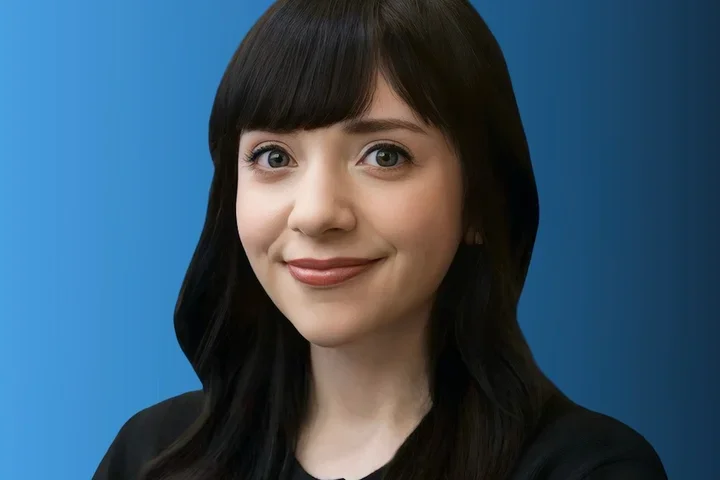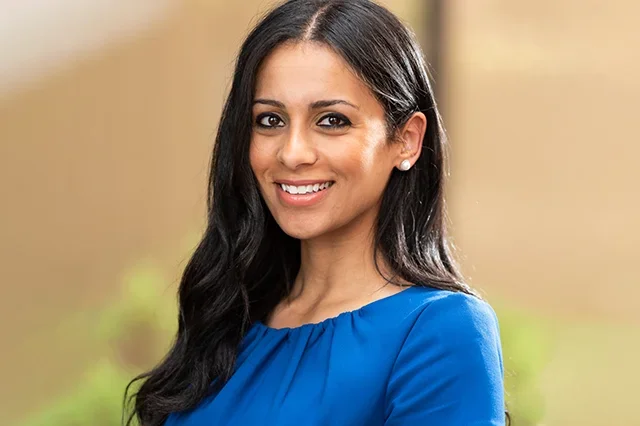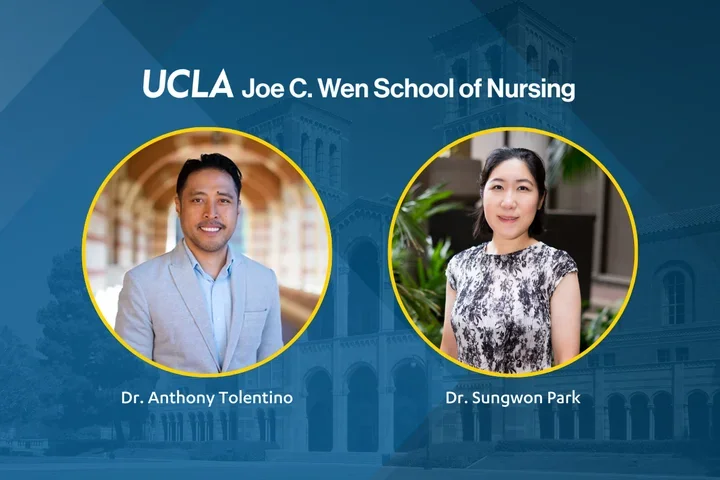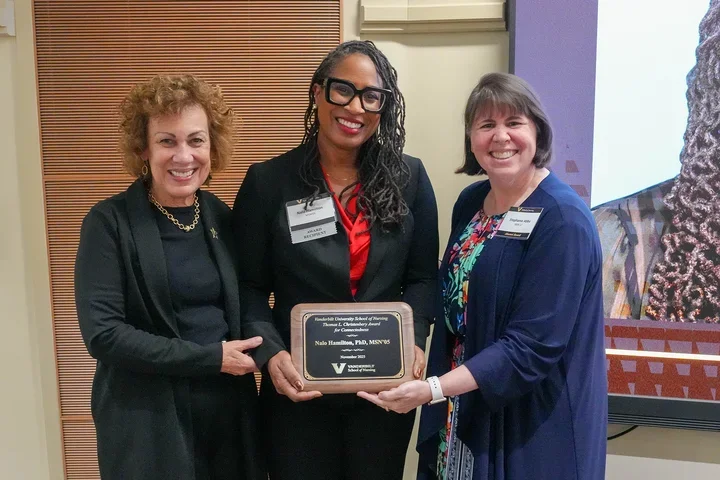Preserving Decision- Making Autonomy for People With Disabilities
A multidisciplinary team co-led by UCLA Nursing’s Dr. Kristen Choi has been contracted by the state to develop a digital resource library that will promote an alternative to conservatorship
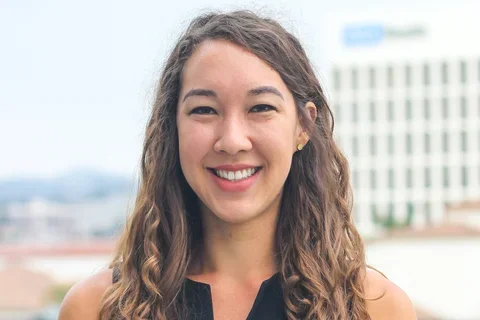
A UCLA School of Nursing associate professor is co-leading a multidisciplinary team that received funding from the California State Council on Developmental Disabilities to build a digital resource library aiming to facilitate supported decision making (SDM) as an alternative to conservatorship for people with intellectual and developmental disabilities or other disabilities.
Under California’s conservatorship law, a court can appoint a guardian to make healthcare, financial, and other important decisions for people determined to lack the capacity to manage their own affairs. While these conservatorships may be appropriate for some individuals, many disability rights advocates have raised concerns. “We have recognized over time that conservatorship isn’t always the right answer for people with disabilities, and that eroding someone’s autonomy to make their own decisions about their health can have negative consequences,” says Dr. Kristen Choi, UCLA Nursing associate professor and Audrienne H. Moseley Chair in Nursing.
In her work as a psychiatric mental health nurse practitioner, Choi has worked firsthand with patients at different stages of the conservatorship process because of disabilities or disabling mental illness. “Many people with disabilities, even if they are serious disabilities or affect cognition, are aware of when their freedom is being restricted or when decisions are being made for them,” she says. “I’ve seen that this erosion of autonomy can be painful and counterproductive to what people with disabilities actually need.”
SDM has gained momentum in recent years as an alternative framework for supporting people with disabilities or impairments with their decisions while preserving their autonomy. Rather than involving the courts, SDM allows the individual to designate people who will support them (such as family members, friends, and trusted professionals), and those individuals assist the person with a disability in reaching informed decisions.
In 2022, California passed A.B. 1663, a law intended to advance SDM as a less restrictive alternative to conservatorship, while ensuring that conservatorships be used only as a last resort. The new law established funding through the State Council on Developmental Disabilities for community-based organizations to implement existing SDM tools with their clients, or to build new ones. As the state invests in these new resources, it will partner with a UCLA team led by Choi and Dr. Linda Demer, professor of medicine, physiology, and bioengineering, to develop a digital-supported decision-making resource library. The team will establish a framework for organizing the newly developed SDM resources to make them more accessible.
“ We have recognized over time that conservatorship isn’t always the right answer for people with disabilities.” – Dr. Kristen Choi
In addition to Choi and Demer, the group includes Dr. Lauren Clark, UCLA Nursing professor whose research aims to support the autonomy and quality of life of people with disabilities; Dr. Kathryn Keitzman, a social worker who is a senior research scientist with the UCLA Center for Health Policy Research; Dr. Emily Hotez, a developmental psychologist whose research focuses on autistic individuals’ experiences of stigma and marginalization; and students from UCLA Nursing and other parts of the campus. “We have a great range of people across topic expertise and disciplines, and we all bring a practice lens to this work,” Choi says. “We’re excited to incorporate perspectives from disability experts and people with lived experience of disability as we evaluate supported decision making tools to ensure that people in California can benefit from them.”
